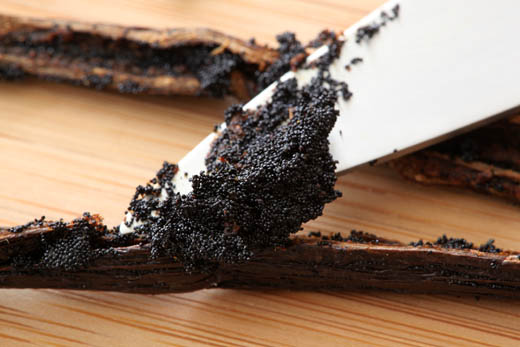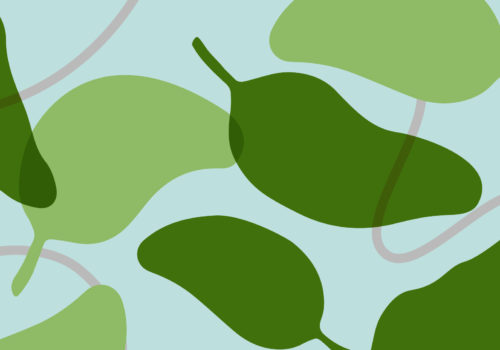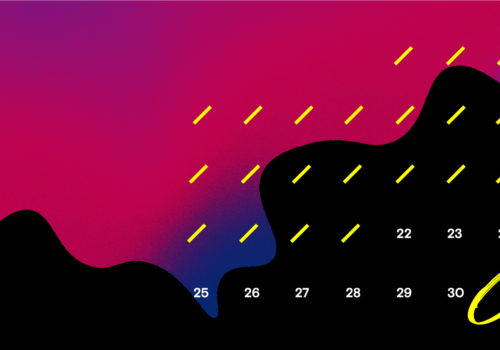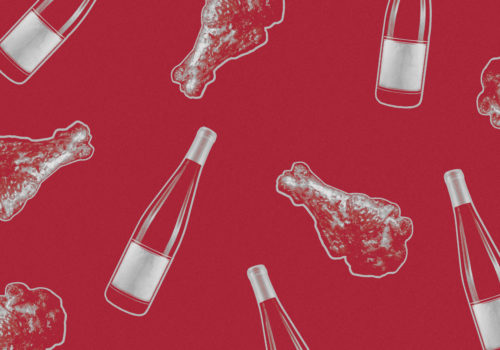In search of non-alcoholic drinks that actually taste good
Words: Shamim de Brún
Artwork: Paul Smith
The mystery of why a particular human being likes or hates a specific food still fuddles the scientific community. Typically though, as we age, we pursue complexity. The linear taste of kiddie foods becomes monotonous. We are a species which are quickly bored in all things, including drinks.
Most of the complexity in the flavour of wine, beer, or spirits comes from fermentation and ageing processes. Most non-alcoholic drinks don’t go through these processes, so trying to switch to a non-alcoholic version often tastes like something is missing. The answer is, of course, the alcohol but also the complexity. So when we change to non-alcoholics for drying out, we inevitably tend to get bored.
Flavour town
Flavour is not so straightforward, though. Vanilla is the basic bitch of the ice cream section, yet it outsells everything else. But good vanilla ice cream is derived from the bean of the vanilla orchid. Each bean contains hundreds of flavour compounds, making it surprisingly complex. Vanillin, an organic compound, is the dominant component of the vanilla bean. We find this same vanillin in the wooden barrels in which we age our wine, whiskey, rum, etc. Through barrel ageing, non-alcoholic spirits brands like Spiritless have harnessed the magic of vanillin and managed to mimic the flavour of whiskey dynamically.

The understanding and use of chemical compounds have led to a rise in beautifully complex non-alcoholic cocktails. To make cocktails that have the same taste, aroma and mouthfeel as traditional cocktails require the extraction of these compounds. For example, using apple juice to replace whiskey is all well and good colour-wise but doesn’t hit the spot. Hand infused syrups and bitters, however, will do just the trick. Using lavender syrup, cream sodas, and flavoured Kiefer combined with non-alcoholic spirits allows award-winning cocktail bars like Bar 1661 to make refined, elegant, and complex cocktails. Kiefer contains bacteria and yeast making it robust and complex. Dublin-made King of Kefir Lemongrass & Ginger is a great way to add depth to non-alcoholic cocktails while supporting local and Irish made.
Getting spiritule
A large wave of non-alcoholic spirit innovations focusing on flavour sophistication has crashed. Distillers now make new Artisanal products with high-quality ingredients that result in bold flavours similar to the spirits they mimic. Brands such as Seedlip, Three Spirits, and Silk Tree, Ireland’s first distilled non-alcoholic spirit, have emerged. But many are hesitant to stock them. Cost is a factor. Because these innovations are new and small, their initial cost runs similar to an alcoholic beverage. Stockists are worried Irish people won’t pay for that. But if Capel street’s non-alcoholic bar, The Virgin Mary’s success, is anything to go by, then maybe they will.

Removing the alcohol, not the flavour
While non-alcoholic beer has been available for years, more options are now available than ever before. The big brands have jumped in with mass offerings of de-alcoholised versions of their heavy hitters. Think Guinness 0.0 or Heineken Zero. De-alcoholising is relatively new. This means removing the alcohol after fermentation through complex chemistry and filtering. But what it doesn’t extract is all of the flavours. Many though not all, flavour compounds produced by the fermentation process linger. Previously, companies have tried to make non-alcoholic drinks without fermenting them. These resulted in soft, sweet beverages that could be compared to sparkling hop soda (Cobra Zero).

De-alcoholising is also the dominant way vintners produce non-alcoholic wine. Wine is a rich, sweet grape juice that doesn’t last very long without fermentation. Furthermore, complex flavours do not seem to hold in de-alcoholised wine (that said, I have yet to find a de-alcoholised wine that has been barrel-aged). The Eins-Zwei-Zero wines are a series of alcohol-free wines from Leitz, an excellent and innovative riesling specialist from Germany. There are three varieties available in Ireland: a riesling, a sparkling riesling and a sparkling rosé that comes in a can or a bottle. These are the most wine-like of all the non-alcoholics available in Ireland. Though they still fall a little simple, the sparkling offerings are the winners.
Alternative Fermentation
Fuelled by the pursuit of complex flavours, innovators have come up will all sorts of ways to produce drinks as diverse and captivatingly tasty as a six and a half per cent crafty beer. For example, small-batch brewers now regularly use innovative yeast strains like kombucha yeast to brew zero alcohol beer without losing flavour to de-alcoholising. These beers are designed to be alcohol-free from the get-go, so their flavours tend to be more well balanced. Making beer like this typically takes longer and results in slightly more expensive offerings but evokes beer’s flavour to the richest extent (so much so that some tasters can’t discern it from an alcoholic offering). The Danish gipsy brewer Mikkeller makes two bangers. The more widely available Drink’in The Sun and Drink’in the darker brewed Snow which is about as alcoholic as a hot chocolate.

Chef Cúán Green, formally of Noma and Bastible, developed a natural wine style drink from Kombucha yeast with Clement & Pekoe. This Dublin brewed product is full of complex, rich flavours and is well-made but might not be for everyone.
What comes next?
As time passes and more people turn to alcohol-free days and begin using non-alcoholic drinks for pacing themselves in pubs, the range of options will continue to grow. The more we pursue complex flavours in our non-alcoholics, the more complex they will become. People are thirsty for this fusion of flavour without alcohol. By engaging this trend, we remove the stigma surrounding not drinking alcohol. The internet has shown that the interest, support and demand for this are growing. As more options become available across Ireland, the conversation is slowly changing: Why aren’t you drinking? To what are you drinking?




